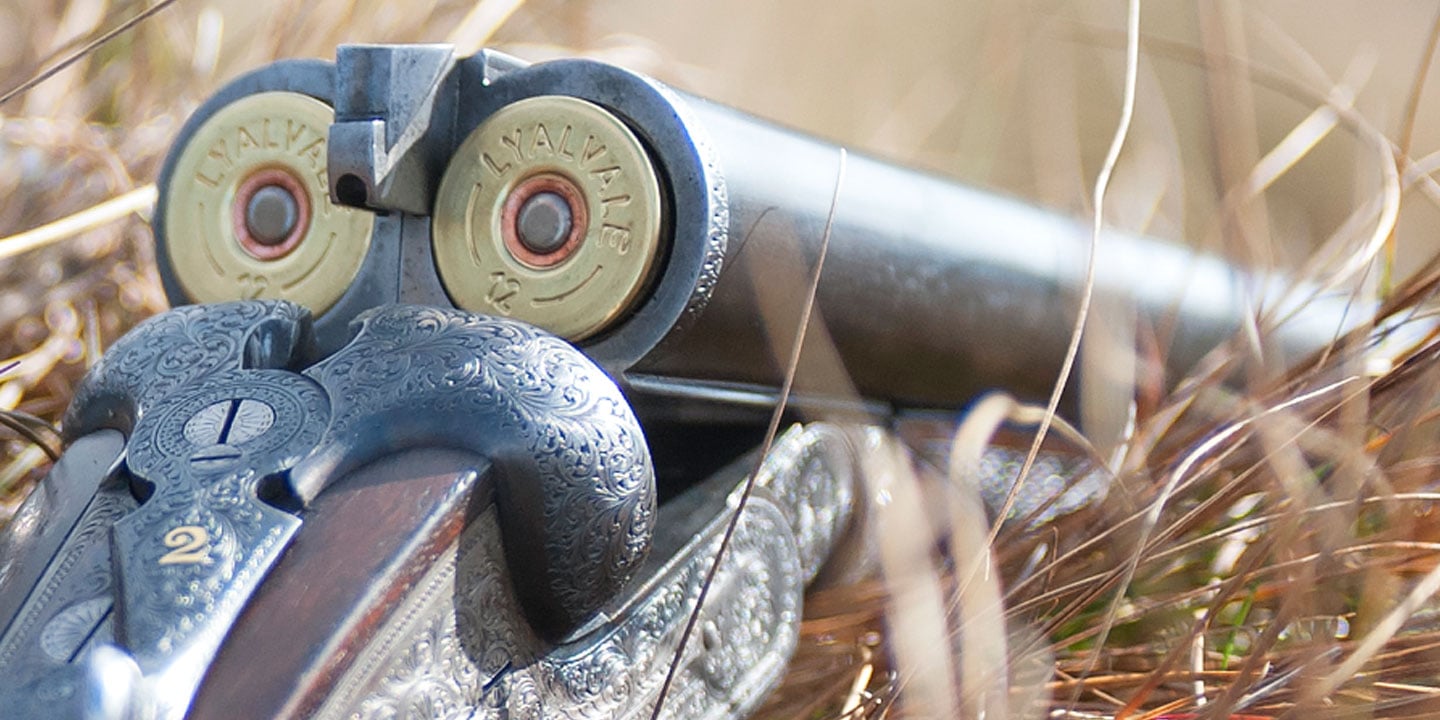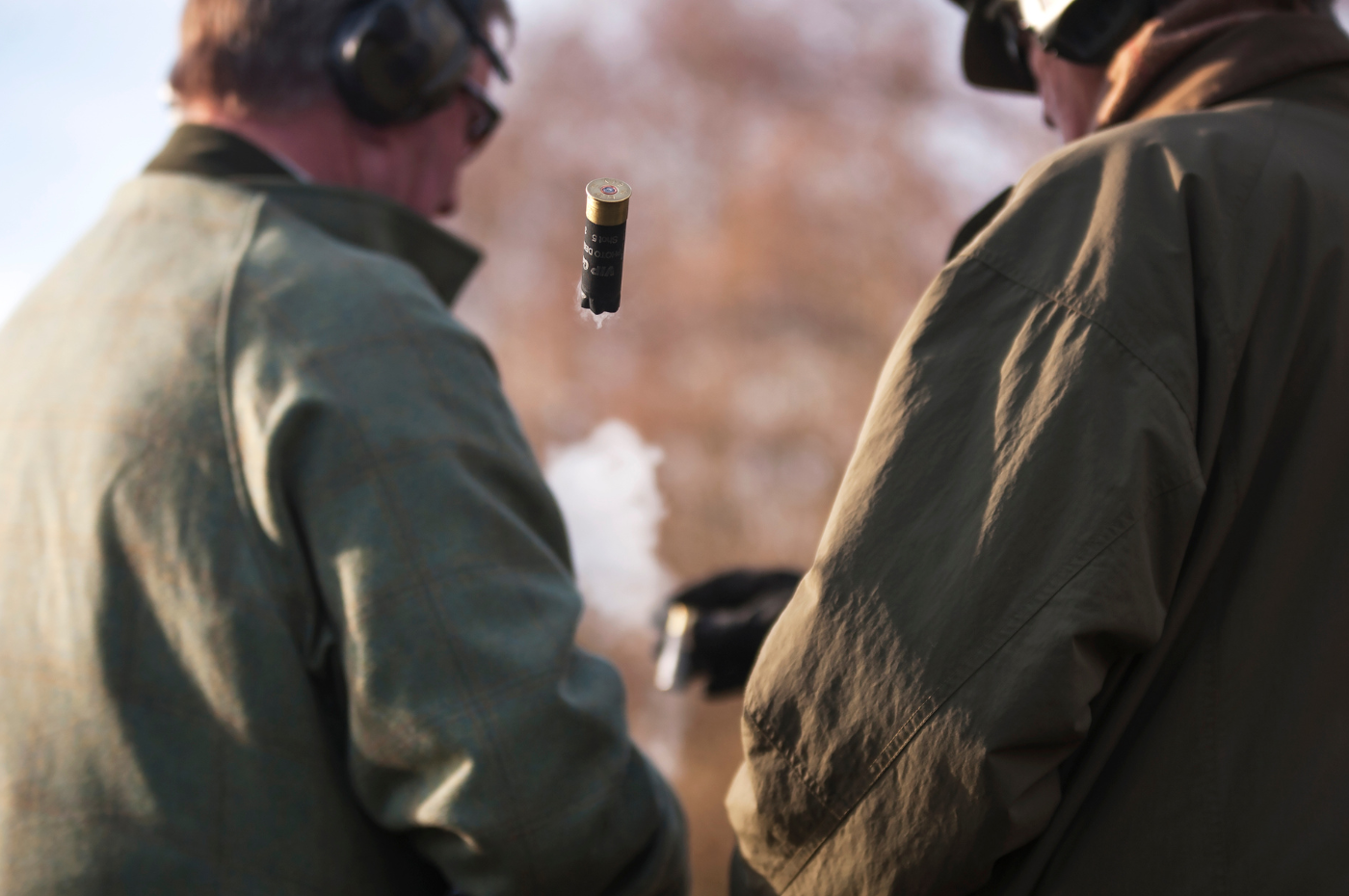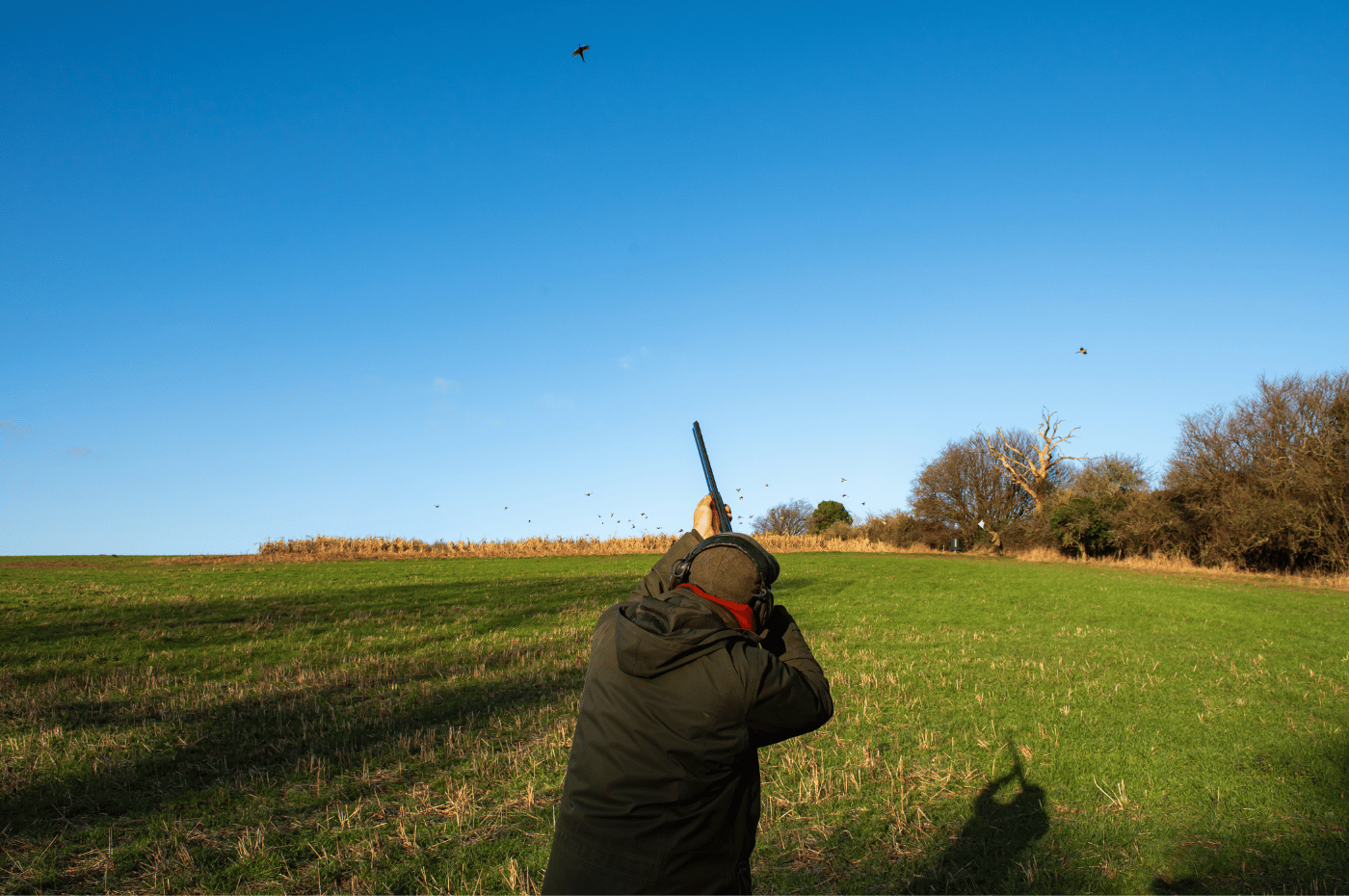Shotgun licence changes - how bad will they be?
Words matter, particularly in politics and the words ministers are using to...
View Details
The Countryside Alliance has written to the BBC to formally complain about a biased article, riddled with misinformation, that was recently (4 June) put on the BBC Wildlife website following its publication in the BBC Wildlife Magazine.
The article, titled '"Why should wildlife lose to businesses underpinned by criminal activity?" Mark Carwardine on driven grouse shooting', clearly fails to meet the BBC's stated standards, which require them to "establish the truth", "provide coverage that is fair and accurate", and to be impartial.
Mr Carwardine's article either intentionally ignores or is ignorant of the available science and evidence that is entirely supportive of grouse shooting and its associated management, which has been proven to play a vital role in improving heather habitat and peatland and promoting biodiversity.
Mr Carwardine, a regular presenter at the BBC, states that "It's hard to believe that, after decades of campaigning, driven grouse shooting - and all the affiliated wildlife slaughter and habitat desecration - continues on a truly industrial scale", refers to grouse shooting as a "repugnant 'sport' pursued by a tiny elite", and quotes figures from unreferenced reports produced by the League Against Cruel Sports (LACS), Rewilding Britain, and the RSPB. In doing so, he breaches BBC guidelines on impartiality, as well as what is appropriate content for regular presenters to put out on "controversial subjects".
The Countryside Alliance will continue to monitor BBC output and challenge any bias, inaccuracies or misinformation that should arise.
The full letter of complaint, submitted by Adrian Blackmore, Director for Shooting, reads:
Dear Sir / Madam,
I am writing regarding our concerns with the publication of the personal views of Mark Carwardine on a number of controversial issues (‘Why should wildlife lose to businesses underpinned by criminal activity?’, Discover Wildlife) which was published online on 4 June 2025. These fail to meet both the BBC’s Mission which is specified in its Royal Charter, and its editorial standards.
The BBC’s Mission is to act in the public interest, serving all audiences through the provision of impartial, high-quality and distinctive output and services to help people understand and engage with the world around them. Its Editorial Standards further state that: ‘In our journalism in particular, we seek to establish the truth and use the highest reporting standards to provide coverage that is fair and accurate. Our specialist expertise provides professional judgement and clear analysis. We are impartial’. Mark Carwardine’s article fails in to meet any of those standards, and as it has been published in its own Wildlife magazine, which claims to ‘contain brilliant content you can trust’, then the BBC must likewise be culpable of doing so.
Rather than being fair, accurate and impartial, Mr Carwardine’s article is full of misinformation, bias, and inaccuracies. He has either intentionally ignored or is ignorant of the available science and evidence that is wholly supportive of grouse shooting and its associated management; management that has played such an important role in creating and maintaining our upland landscape, preserving and improving heather habitat and peatland, sustaining some of our rarest plants and wildlife, and promoting biodiversity. And for numerous upland communities, it can be the main economic driver for many individuals and businesses.
Mr Carwardine starts his article with the comment that: “It’s hard to believe that, after decades of campaigning, driven grouse shooting – and all the affiliated wildlife slaughter and habitat desecration – continues on a truly industrial scale”. He concludes: “My view is that driven grouse moors cause so much ecological damage – and always will, licence or no licence – that they must be banned altogether. Why should wildlife lose to businesses, many of which are underpinned by criminal activity, prioritising profit above all else, for a repugnant ‘sport’ pursued by a tiny elite?”.
Mr Carwardine has presented the weekly programme Nature, and many other radio programmes, on BBC Radio 4, presented and produced a 10-part wildlife photography series for BBC Wildlife, co-presented the BBC TV series Last Chance to See, and written a monthly conservation column in BBC Wildlife Magazine for nearly 20 years. As a regular BBC presenter and reporter, those comments are a clear breach of Section 4.4.31 of the BBC guidelines which states that: “BBC staff and regular BBC presenters or reporters associated with news or public policy-related output may offer professional judgments rooted in evidence. However, it is not normally appropriate for them to present or write personal view programmes and content on public policy, on matters of political or industrial controversy or on ‘controversial subjects’ in any area."
By quoting figures from an unreferenced report produced by the League Against Cruel Sports, and further unreferenced studies both by Rewilding Britain and the RSPB, Mr Carwardine has also breached two further sections of the BBC guidelines. These are section 15.4.18, which states that “BBC employees must also take care that their impartiality is not compromised by associating themselves with a charity operating in the same area as the programming on which they work.” and section 15.4.9, which reads: “Presenters, reporters and editorial people in news, current affairs, topical and consumer programmes should not normally associate themselves with any campaigning body, particularly if it backs one viewpoint in a controversial area of policy."
The breaching of the BBC’s guidelines by Mr Carwardine, and his failure to meet the Corporations editorial standards is unacceptable, and I look forward to your response.
Yours faithfully,
Adrian Blackmore
Director

Words matter, particularly in politics and the words ministers are using to...
View Details
There is a famous scene in Monty Python and the Holy Grail where Arthur battles...
View Details
At the time of writing, we await a UK government consultation on the...
View Details